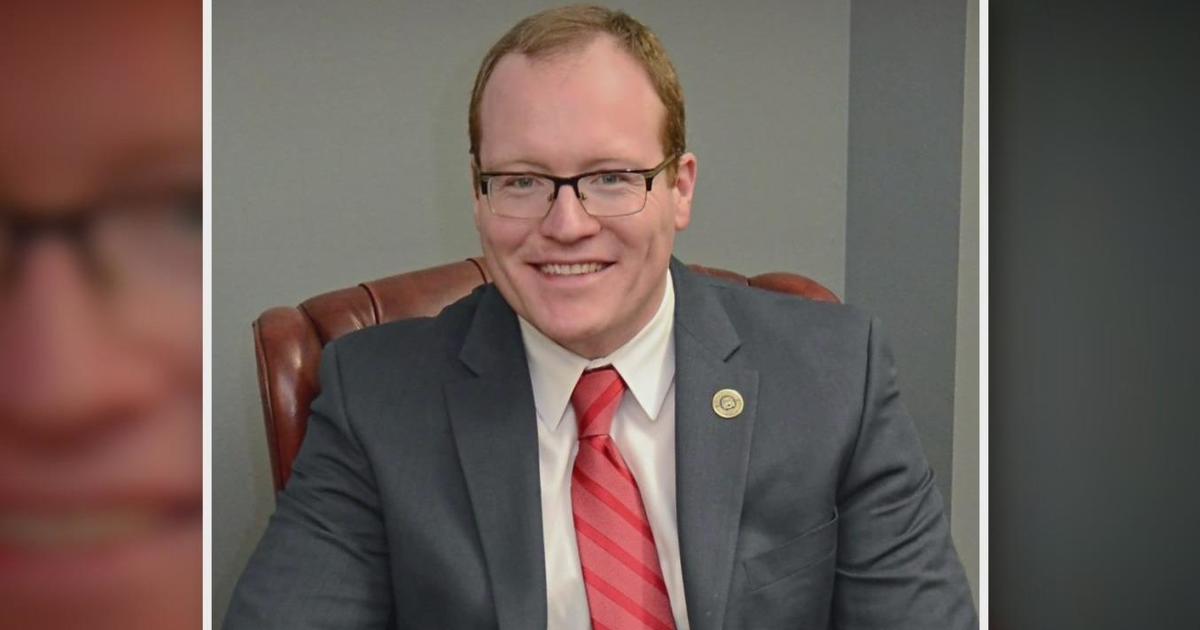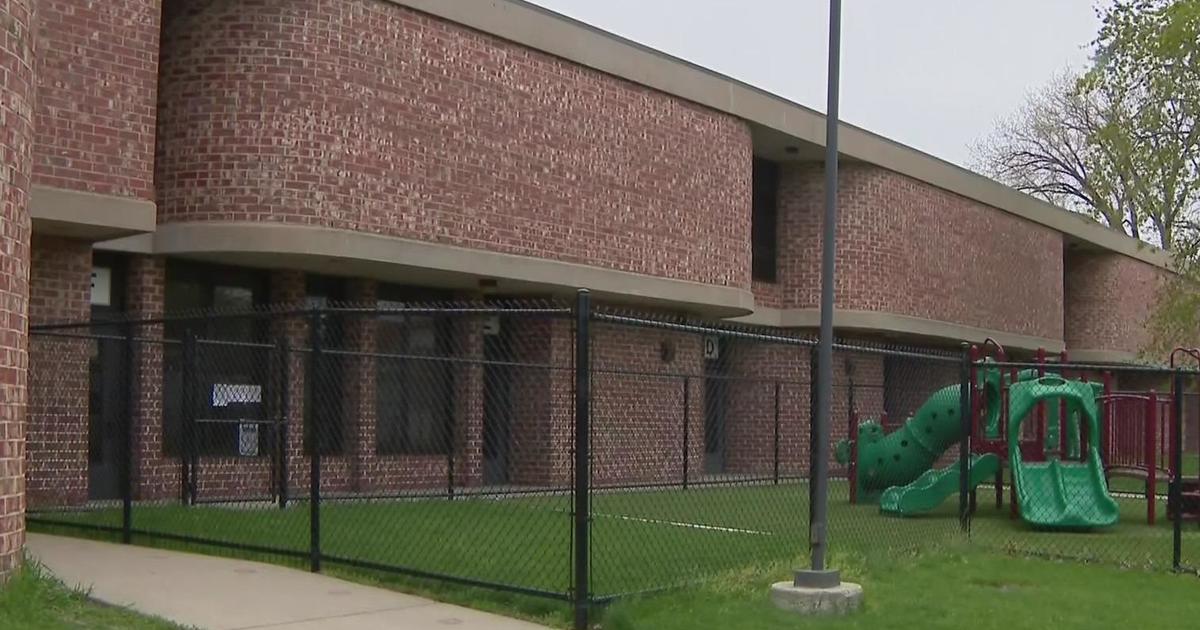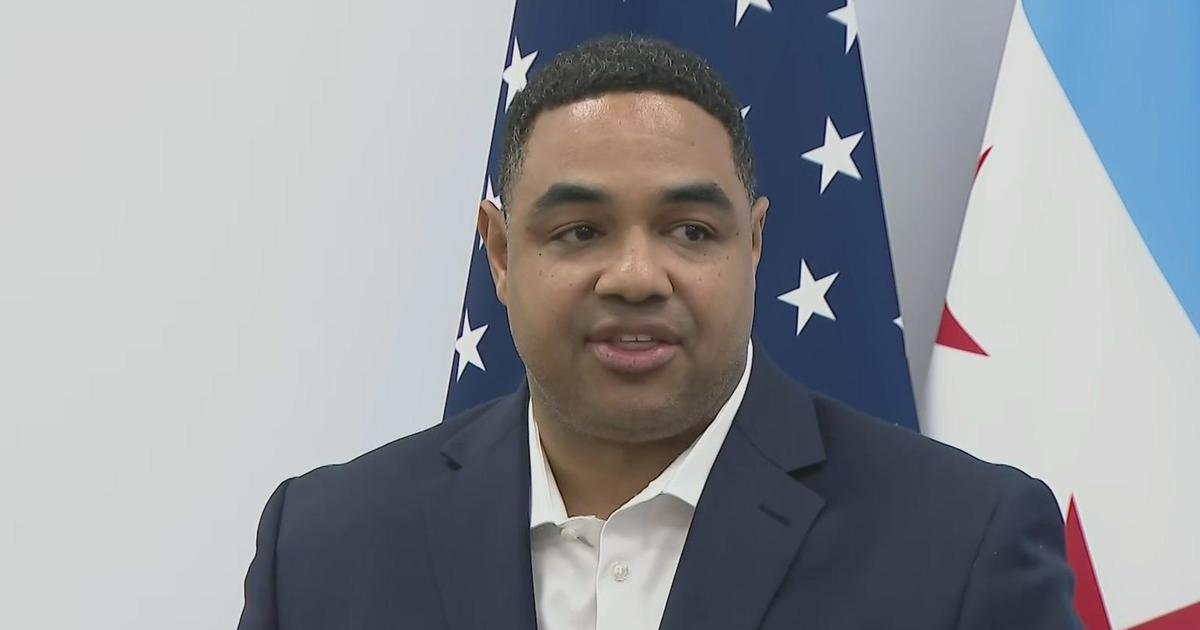Quinn Proposes Making 2011 Income Tax Hike Permanent
Updated 03/26/14 - 2:13 p.m.
SPRINGFIELD, Ill. (AP) -- Gov. Pat Quinn outlined his case Wednesday for making Illinois' temporary income tax increase permanent, predicting "extreme and radical" budget cuts to schools and services without additional revenue.
The Chicago Democrat -- embarking on what's expected to be a difficult re-election bid against Republican businessman Bruce Rauner-- tied the idea to relief for homeowners, saying he'd like to guarantee every Illinoisan who pays property tax a $500 annual refund. He also called for increasing the earned income tax credit for low-income families.
"If action is not taken to stabilize our revenue code, extreme and radical cuts will be imposed on education and critical public services," he said in the roughly 30-minute address before lawmakers. "Cuts that will starve our schools and result in mass teacher layoffs, larger class sizes and higher property taxes."
The question of what to do with the expiring income tax has nagged lawmakers and those running for office for months. Republicans and Rauner immediately blasted Quinn, saying he went back on his word because the roughly 67 percent income tax increase approved in 2011 was billed as temporary.
However, Quinn and state agencies have predicted dire cuts for weeks if tax cut rollback begins in January as scheduled, cutting roughly $1.6 billion in revenue.
Quinn said without the increase there would be about 13,000 teachers laid off, 41,000 fewer children in child care and 11,000 victims of domestic abuse not receiving shelter or assistance.
He said maintaining the tax rate would be a "hard choice" but vowed not to institute any new taxes on "everyday services" that working people rely on. He said he'd like to double the state's earned income tax credit, to help poor families keep more of what they earn, over the next five years.
Republicans already are vowing to fight the move to make the tax permanent.
House Republican Leader Jim Durkin called Quinn's speech "rhetoric" that didn't address the state's high unemployment.
"I would have hoped to have heard something of how we can do that, how we can turn that tide other than we're going to tax, tax, tax," he said. "I don't believe that we can tax our way to prosperity."
However, top Democrats credited Quinn with taking a bold step.
"I would commend the governor for his political courage and honesty, unlike previous governors," said House Speaker Michael Madigan. "He told the truth. He laid the cards on the table. If we wish to continue to provide the level of services we've become accustomed to education and other services, then the tax increase should be extended."
Madigan added that he plans to call for a vote on making the income tax increase permanent.
The state is also grappling with billions of dollars in unpaid bills and uncertainty with the state's pension debt in an election year.
Quinn's challenger said the speech outlined more failed policies.
"After five years of Pat Quinn's failed leadership, we have record tax hikes, outrageously high unemployment, massive cuts in education, and there's still a giant budget mess in Springfield," Rauner, who's released an Internet ad targeting Quinn on Tuesday, said in a statement after the speech. "We can balance the budget without more tax increases, if we create a growth economy, and restructure and reform our broken government."
November's election will determine whether Quinn gets a second full term.
The budget plan was immediately viewed through an election-year lens. Initially planned for release last month, Quinn asked lawmakers to move its unveiling until after the primary election so he could have more time to prepare a five-year blueprint for spending. Republicans accused him of playing politics so he could see who would be his primary challenger.
Republicans and business groups vowed to fight any extension of the temporary income tax hike and claim testimony from state agency officials predicting dire cuts has been overblown to justify an increase. They've called for cutting spending and limiting new programs.
The opposition could set the stage for a tough budget fight later year. Lawmakers must approve a budget for the new fiscal year, which starts July 1, by the end of May.
None of the options for approaching Illinois' financial future -- from extending the increase to letting it sunset or approving a new tax on millionaires -- will be politically easy or resolve all the issues. In addition to the bill backlog, Illinois has the nation's lowest credit rating and uncertainty with its pension debt.
Quinn briefly recapped his signing of a landmark pension overhaul, which he's called one of his biggest accomplishments. But the proposed budget won't contain the estimated savings. The overhaul that cuts benefits for state employees and retirees is undergoing a legal challenge by unions that contend it's unconstitutional.
A poll this week by the Paul Simon Public Policy Institute at Southern Illinois University showed more than half of Illinois voters prefer cutting existing spending over approving new revenue, though about 28 percent said it should be a combination of the two. The survey interviewed 1,001 registered voters by phone from Feb. 12-25. The margin of error was plus or minus 3.5 percentage points.
Quinn called his approach "honest and responsible."
He also mentioned past decisions to close facilities and cut spending.
(TM and © Copyright 2014 The Associated Press. All Rights Reserved. This material may not be published, broadcast, rewritten or redistributed.)



